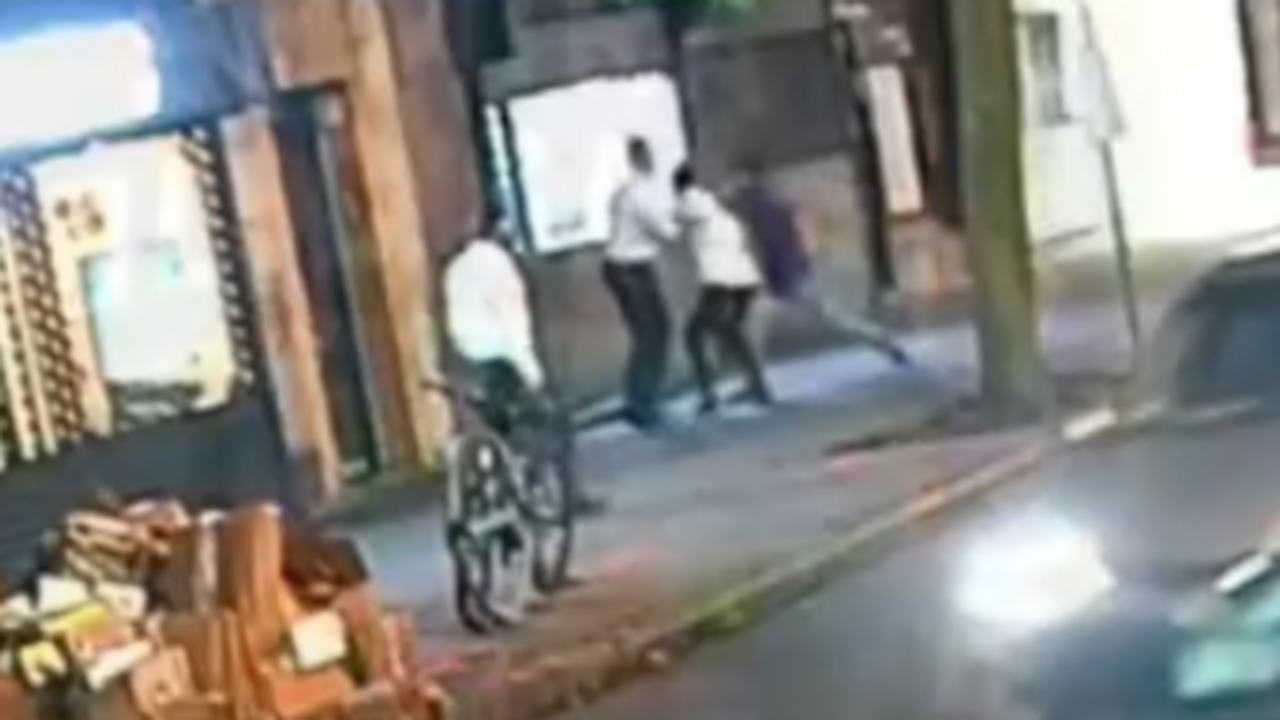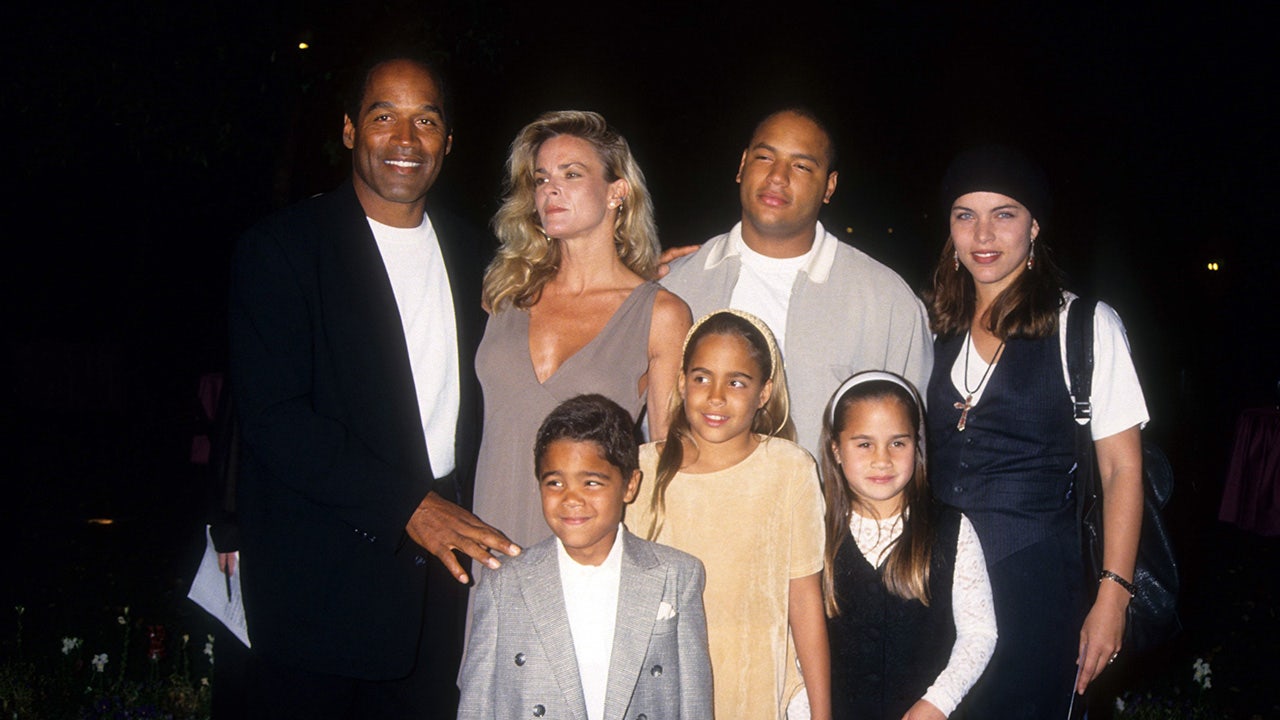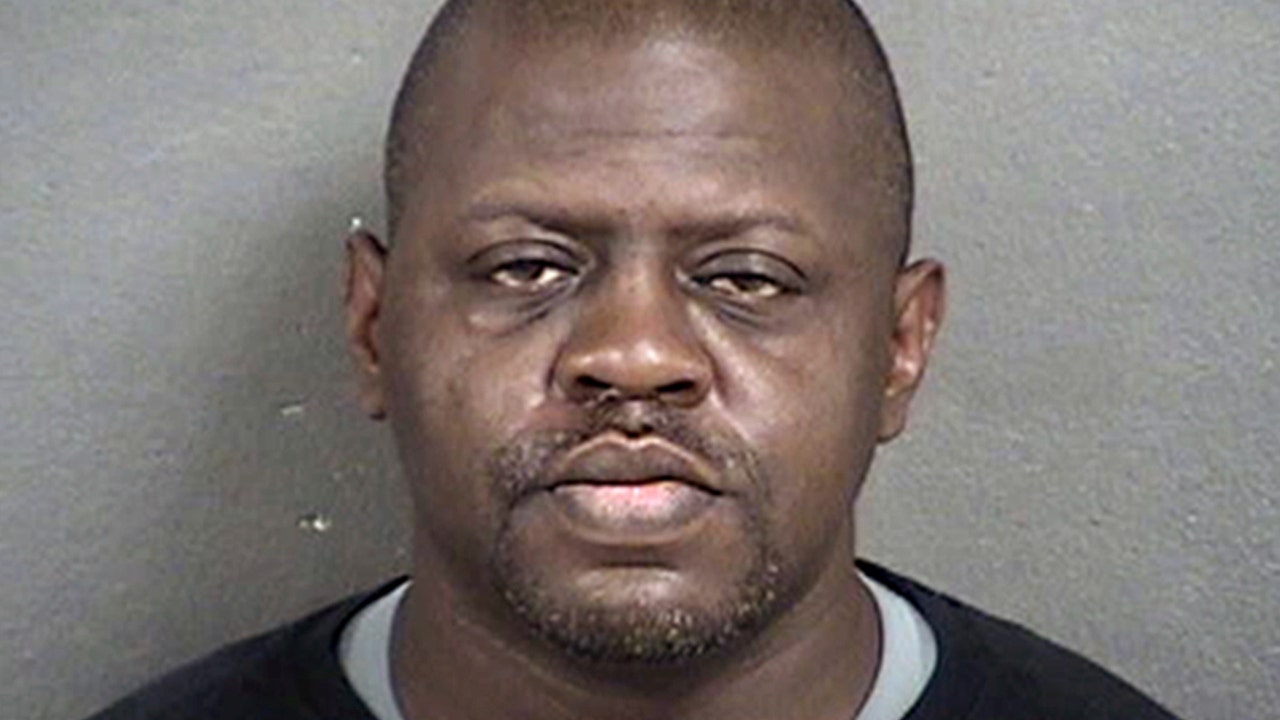Around now, university officials might usually take a deep breath. Campuses are emptying out for the end of the academic year. Gone, for the most part, are the tent cities that student activists erected as a symbol of opposition to Israel’s war in Gaza.
But this summer might feel longer than most.
Congressional Republicans have promised to press their investigation into college antisemitism, even as they have completed their latest hearing, which they tried to turn into a public shaming session for the leaders of Rutgers, Northwestern and the University of California, Los Angeles, over their handling of campus encampments.
And protesters have likewise promised not to give up — with hundreds walking out at Harvard’s graduation on Thursday, and students at U.C.L.A. pitching new tents and briefly taking over a building.
Over the next few months, colleges will need to navigate a complex set of challenges. There are ongoing federal investigations at scores of universities and school districts over their handling of antisemitism claims. There are hundreds of discipline cases to be decided. And plans are needed for the fall, when college quads will fill back up just a couple of months before the presidential election — possibly with more protesters.
Here is what may keep university presidents up at night.
Suspensions, Expulsions and Reprimands
One of the major takeaways from the hearing on Thursday was that the three universities had yet to resolve scores of disciplinary cases involving student protesters.
The chancellor of U.C.L.A., Gene Block, said on Thursday that the school was conducting more than 100 investigations into student conduct involving both antisemitism and Islamophobia.
Northwestern’s president, Michael Schill, and the president of Rutgers, Jonathan Holloway, said that their schools were also continuing to investigate reports of harassment. At Rutgers, four students had been suspended and 19 others were subject to other disciplinary action.
Republicans pressed the leaders on whether they would suspend students who violated codes of conduct, and schools will now have to make disciplinary decisions knowing that Republicans will want to know the results.
During the hearing, Mr. Schill declined to provide a timeline for Northwestern’s investigations. “We believe, at Northwestern, in due process,” he said.
Congressional and Federal Investigations
Republicans have threatened to cut off billions of dollars in financial aid and research funding for schools and universities that they say have failed to protect Jewish students. Numerous Congressional committees are looking into whether universities have violated certain aspects of the law — from the tax code to anti-discrimination statutes.
Representative Virginia Foxx, the North Carolina Republican who leads the Committee on Education and the Workforce, has begun an inquiry to examine “the learning environments” at Harvard, the Massachusetts Institute of Technology and the University of Pennsylvania, as well as the disciplinary procedures at those schools.
And the Department of Education’s Office for Civil Rights has opened discrimination investigations into scores of universities, colleges and school districts, including Rutgers, Northwestern, U.C.L.A., Harvard and Columbia, based on complaints about antisemitic and anti-Muslim harassment after the Israel-Hamas war broke out.
Fall Is Right Around the Corner
At three House hearings, college presidents repeatedly talked about how surprised and unprepared they were for the protests on their campuses. They will have no excuse come fall.
Students will return to campus roughly two months before the presidential election. And student activists are promising to continue their protests.
Throughout the demonstrations, students displayed a defiant tone, refusing orders to disburse and resisting entreaties from college administrators who sought compromise as a way to dismantle the encampments.
A flavor of what could lie ahead came on Thursday afternoon from U.C.L.A.
While the university’s chancellor was at the congressional hearing, protesters set up a new, small encampment on campus.
And that morning, the university’s chapter of Students for Justice in Palestine posted a message: “We’re back.”
Jonathan Wolfe and Maya Shwayder contributed reporting.






